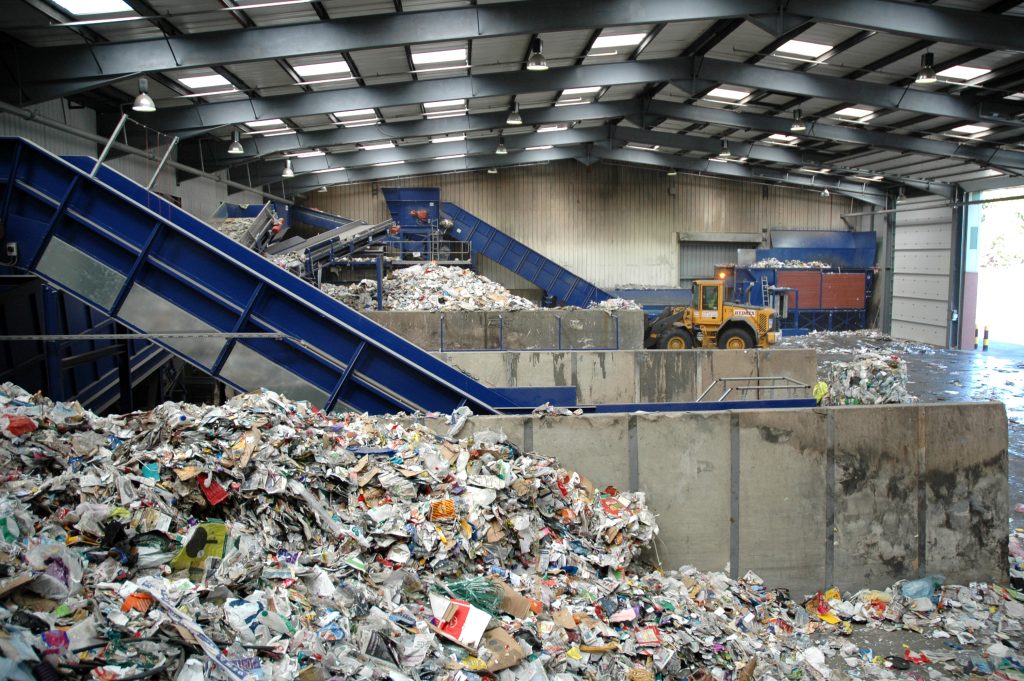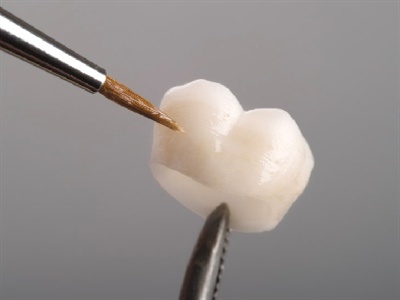The future of synthetic urine is an evolving landscape that encompasses both innovations in its production and heightened regulation. Synthetic urine, a laboratory-created substitute designed to mimic the chemical composition of real urine, has traditionally been used in a variety of applications, including medical testing, research, and calibration of urinalysis equipment. However, its use has become increasingly controversial due to its illicit application in passing drug tests. As technology advances, so too do the capabilities of synthetic urine, and its future holds promising innovations and challenges in equal measure. In terms of innovation, the future of synthetic urine is likely to see advancements in its composition and detection methods. Researchers and manufacturers are continually working to improve the accuracy and authenticity of synthetic urine, making it more challenging to differentiate from natural urine.

On the regulatory front, the use of synthetic urine in drug tests has raised significant concerns. In response to this, regulatory bodies are stepping up efforts to detect and deter the use of synthetic urine in drug screening processes. Legislation is being drafted to impose stricter penalties on those who attempt to deceive drug tests using synthetic urine. Employers and testing facilities are also adopting more sophisticated methods for identifying synthetic urine, such as conducting temperature checks, as real urine has a narrow temperature range. These efforts are designed to maintain the integrity of drug testing protocols and ensure the safety of workplaces and public spaces. Ethical and privacy concerns are also emerging as vital considerations in the future of synthetic urine. The invasive nature of drug testing and the use of synthetic urine to subvert these tests have prompted discussions about the balance between individual privacy and the need for security and safety. Striking this balance will be a challenge for lawmakers and employers, who must respect individuals’ rights while protecting public welfare.
This will have important implications for medical diagnostics and scientific experiments where precise calibration is essential with best synthetic urine. Moreover, the development of synthetic urine with customizable attributes, such as pH levels and specific gravity, could further expand its utility across various industries. The future of synthetic urine is a dynamic space where technological advancements will continue to drive innovation, while regulatory and ethical considerations will guide its responsible use. As society grapples with these complex issues, it is imperative to find a harmonious balance between ensuring the accuracy and integrity of medical and employment tests and respecting individual privacy and autonomy. The path forward will require collaboration among researchers, policymakers, and industry stakeholders to foster responsible innovation and regulation in this rapidly evolving field.







Recent Comments